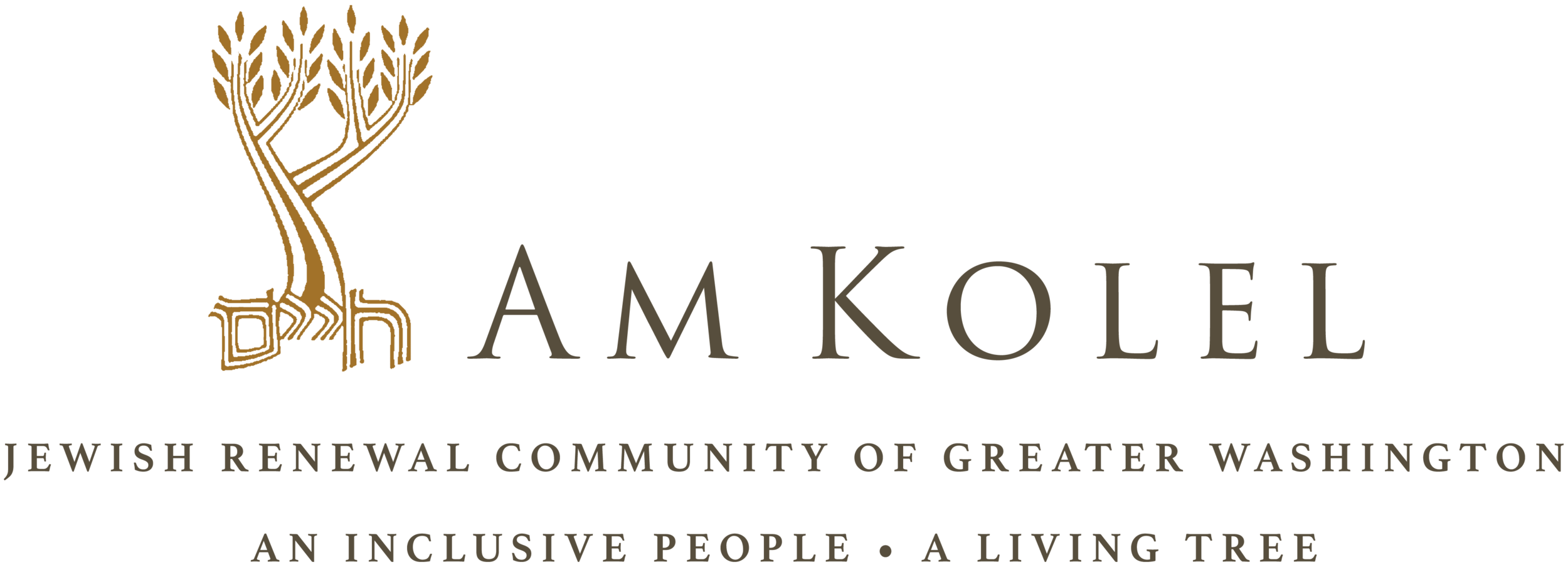This Thursday evening begins Shavuot, the first harvest festival and the commemoration of our people’s receiving Torah at Sinai.
This Thursday evening begins Shavuot, the first harvest festival and the commemoration of our people’s receiving Torah at Sinai.
It troubles me that so many Jews do not know it is Shavuot. While it is one of the three major pilgrimage festivals along with Pesach and Sukkot, it does not have the recognition that Pesach does, nor Sukkot.
Its significance is intimately connected to our history as a people and our connection to the earth. As seminal to our history, it celebrates that moment when we, as a people, are given a vision of the future and a purpose. The Ten Statements (Commandments) are chanted in synagogues around the world. The opening statement identifies God as the liberator, as the power or force for freedom, as distinguished from God the creator or another aspect of the Source of Life. Liberation, fighting for freedom, fighting injustice and oppression are what we created in the image of the divine, are about. We are the only people, as far as I know, that have received this vision of who we are and our corresponding purpose in history. We know that this calling is expanded throughout the Torah and the Prophets.
This vision is interwoven with the harvest festival and our dependency upon and love for the earth. On this festival we offer additional prayers of gratitude for the earth. There is a beautiful custom of eating and offering Shehecheyanu blessings for the new fruits in season. Some especially cherish corn at this time. Flowers decorate the home, the synagogue and our tables.
On Shavuot we also read a special book from the Tanakh, the Book of Ruth, Megilat Ruth. A beautiful story that takes place during the first harvest, about a Moabite princess, married to a Judean, who embraces One God and values and practices of her Judean family.
There is much to be said about the deeper meaning of sowing, reaping and harvesting. We do this in a physical sense, but we also do this in a spiritual sense. In the story we witness how Ruth participates in the reaping of the harvest. We note in verse 9 of chapter 2 how she “looks out into the field”. The sages have commented on this verse noting how “looking out into the field” is another way of saying we place our hopes in the future.
We all plant seeds of one kind or another. May we have the good fortune to reap and harvest the seeds that we have planted in our lives. May we always have the vision to see a better future for ourselves and others. We note in the story of Ruth, the Moabite, that she is the great grandmother of King David and the ancestor responsible for the vision of the messianic age.
This past weekend I met a man who felt that it was useless to try and do something about the anti-democratic forces here and in Israel. He had lost hope. I mentioned a few organizations that are working hard here and in Israel to counter this darkness. He didn’t know about them. He hadn’t realized that there are those who are fighting this darkness.
Shavuot and Sinai call upon us once again.
From an article on Rav Kook’s hope for the future by YItzhak Marmorstein:
‘We are bidden to uplift the entire world from the depths of its destructive wrong doings. In this way, we will repair the entire structure of our life. We will tap into the true spring of life and we will birth “a new spirit of life. A new world will be established”.
Chag Sameyach to all,
Reb David
